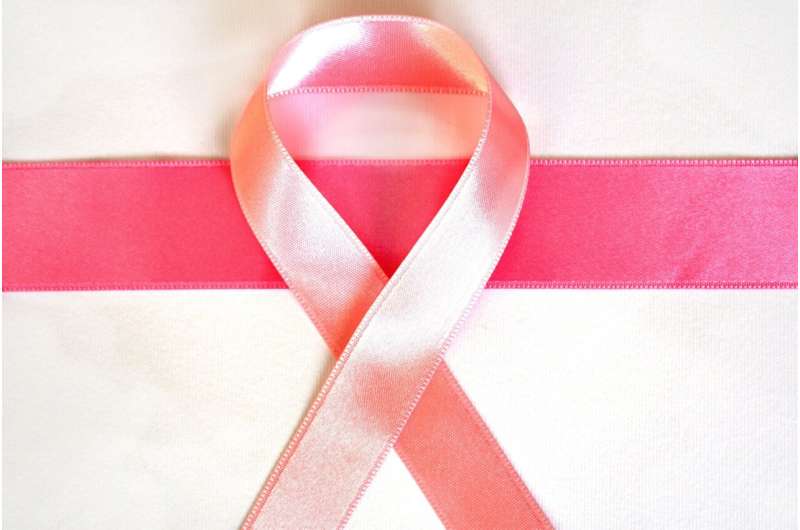Impact of Dobbs v Jackson Decision on Abortion Provider Relocation in Banning States

A recent study reveals that 42% of abortion providers in states with bans have relocated post-Dobbs, impacting healthcare access and maternal outcomes. Learn more about this significant shift in reproductive healthcare.
Following the landmark Dobbs v Jackson Women's Health Organization ruling in 2022, significant shifts among abortion providers have been observed. A recent research letter published in June 2025 in JAMA Network Open reveals that approximately 42% of surveyed clinicians who previously offered abortions in states with restrictive laws have relocated their primary practice to other states. The majority of these relocations were toward states where abortion remains legal, highlighting the widespread impact of the decision on healthcare access.
The study, led by Dr. Dana Howard from The Ohio State University College of Medicine, analyzed responses from 305 clinicians who provided abortion or related healthcare services before the Dobbs decision. The findings indicate that 16% of providers changed their main practice location after the ruling. Providers working in states with bans were significantly more likely to relocate, with 42% making a move compared to 9% in no-ban states. Most of those leaving ban states moved to no-ban states (89%), while most relocating from no-ban states moved within their region (90%). Additionally, about 6% of respondents ceased providing abortion care altogether.
These patterns suggest that changes in provider locations are contributing to healthcare deserts, potentially impacting maternal health outcomes and exacerbating disparities. Since most providers also offer other healthcare services, their relocation can diminish overall access to reproductive health services in affected regions.
The research underscores the far-reaching consequences of the Dobbs ruling on healthcare workforce distribution and patient access to abortion services. It raises concerns about increased barriers to care and highlights the need for policy responses to address these disparities.
Source: https://medicalxpress.com/news/2025-06-dobbs-decision-surveyed-abortion-states.html
Stay Updated with Mia's Feed
Get the latest health & wellness insights delivered straight to your inbox.
Related Articles
Revolutionizing Brain Function Understanding: Astrocytes as Active Players in Neuromodulation
New research reveals astrocytes are active participants in brain neuromodulation, influencing neuron activity and behavior through biochemical pathways, offering new insights into brain function and potential therapies.
New Genetic Study Reveals Breast Cancer Risk Factors in African Women
A pioneering study identifies unique genetic variants linked to breast cancer risk in African women, emphasizing the importance of inclusive genomic research for targeted prevention and treatment.
How Routine Blood Tests Can Predict Outcomes in Spinal Cord Injury Patients
New research shows that routine blood samples analyzed with machine learning can predict spinal cord injury severity and outcomes early after injury, improving prognosis and treatment decisions.



